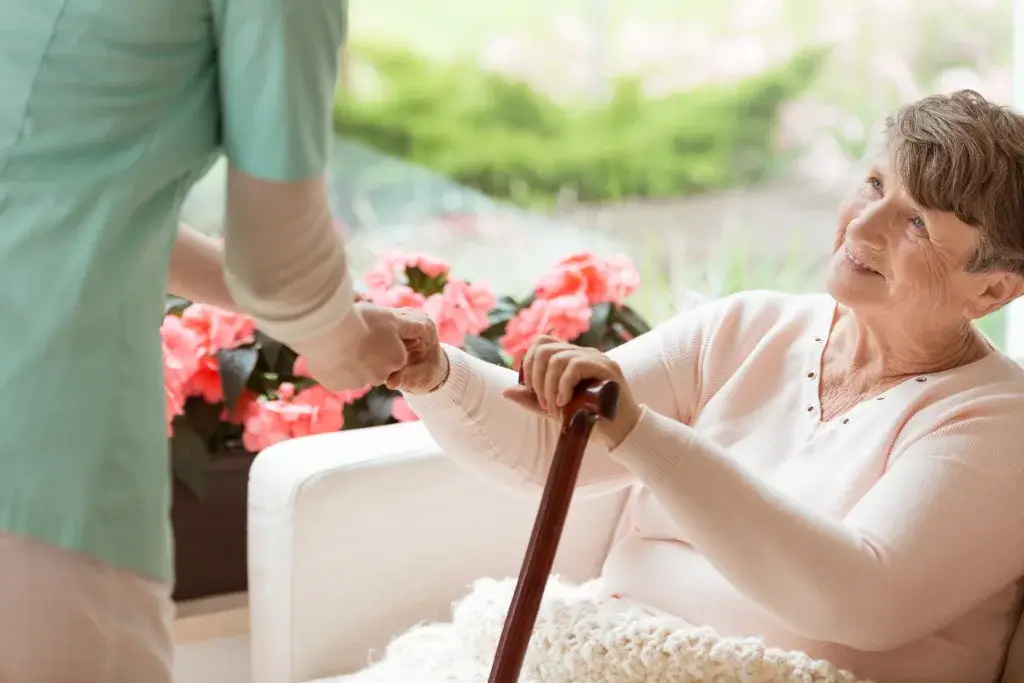At 3CMalta, we often work with people and families living with Parkinson’s disease. It’s one of the most common neurological conditions, and as people grow older, its impact is increasingly felt in homes and communities across Malta and beyond.
Because Parkinson’s develops gradually, the earliest signs can be easy to miss. A quieter voice, smaller handwriting, or a little more stiffness than usual can seem like part of normal aging. But recognising these early changes matters. Early awareness allows people to seek advice sooner, adjust daily routines, and plan the right kind of support at home.
Research shows that staying active, eating well, and maintaining healthy habits can help manage symptoms and slow progression once Parkinson’s develops. But the first step is knowing what to look for.
Recognising Possible Early Symptoms
1. Tremor
A light tremor or shaking in the hands, fingers, or chin while at rest may be one of the first visible signs. Tremors often start on one side of the body and may gradually spread. However, not everyone with Parkinson’s experiences tremors, especially in the early stages, so their absence does not rule out the condition.
2. Loss of Smell
A reduced sense of smell, especially for foods like bananas, pickles or licorice, can appear years before other symptoms. While this can happen for many reasons, persistent loss of smell may be an early non-motor sign of Parkinson’s.
3. Small Handwriting
If handwriting becomes smaller or more crowded together than usual, it could be a symptom called micrographia, caused by subtle changes in fine motor control.
4. Sleep Problems
Acting out dreams, sudden movements, or excessive talking during sleep can indicate a sleep-related disorder often linked to early Parkinson’s. These disturbances may appear well before other signs.
5. Stiffness or Trouble Moving
Feeling stiff, slow, or “stuck” when walking or getting out of a chair may point to reduced movement control. This stiffness, known as rigidity, often eases slightly with activity.
6. Constipation
Persistent constipation, despite a balanced diet and hydration, can reflect changes in how the body’s nervous system regulates digestion.
7. Voice Changes
A voice that becomes softer, hoarser, or more monotone may be a subtle but important indicator. Loved ones might notice this before the person experiencing it does.
8. Reduced Facial Expression
If your face looks more serious or less expressive even when you feel fine, it may be a sign called facial masking, caused by reduced automatic muscle movement.
9. Dizziness
Frequent lightheadedness or dizziness when standing up can be related to blood pressure changes that sometimes occur in Parkinson’s disease.
10. Stooped Posture
A gradual tendency to stoop or lean forward while standing or walking can develop over time as the condition affects balance and muscle tone.
Living Well After Recognition
When Parkinson’s becomes part of daily life, the focus turns to finding comfort, stability, and strength in everyday routines.
At 3CMalta, we’ve seen how much difference steady routines can make, from shared meals, guided movement, or quiet support from someone who understands the rhythm of your day. The right tools and equipment also play a big part: supportive seating, safe flooring, and small ergonomic changes around the home can make everyday tasks safer and more comfortable. Our carers, nurses, physiotherapists, and occupational therapists work together as a multidisciplinary team, helping people stay steady, confident, and secure in their own space.
Why Action Matters
Even though Parkinson’s cannot be cured, decline does not have to mean loss of life or purpose. Its progression can often be significantly slowed through consistent action that strengthens both body and spirit.
Movement, nutrition, and meaningful routines all play a part in preserving mobility, balance, and confidence. The difference between doing nothing and taking action is remarkable. People who stay engaged through daily walks, stretches, social activity, or guided physiotherapy often move better, feel stronger, and maintain their independence for years longer than expected.
Giving up accelerates decline, but choosing to keep moving, to eat well, and to accept help when needed can transform how life with Parkinson’s feels. With patience, movement, and the right support, life with Parkinson’s can remain full, active, and deeply meaningful.
Support with 3CMalta
At 3CMalta, our focus is on practical, compassionate care that helps people live well at home. From personal assistance to physiotherapy and home nursing, we support each person’s routines, needs, and dignity, helping them stay strong and connected to what matters most.





